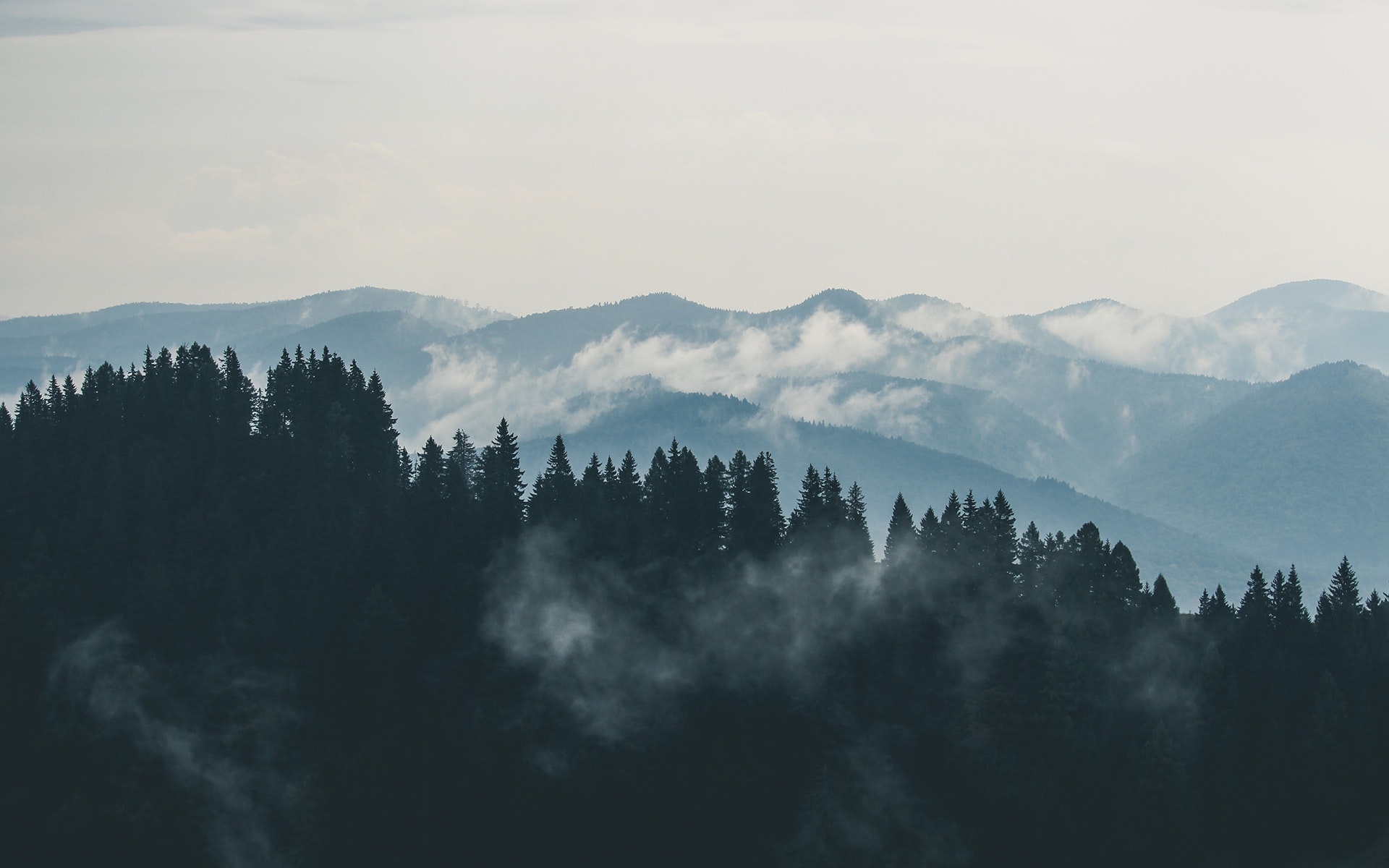Remarks originally delivered March 23 at The State of the Soul of Appalachia conference in Pipestem State Park in West Virginia.
The heavens are telling the glory of God;
and the firmament proclaims his handiwork.
Day to day pours forth speech,
and night to night declares knowledge.
There is no speech, nor are there words;
their voice is not heard;
yet their voice goes out through all the earth,
and their words to the end of the world.
In the heavens he has set a tent for the sun,
which comes out like a bridegroom from his wedding canopy,
and like a strong man runs its course with joy.
Its rising is from the end of the heavens,
and its circuit to the end of them;
and nothing is hid from its heat.
Psalm 19:1-6
____________________________________________________________________________________
Faith communities have a perspective about creation that is distinctive from many of the other organizations around us. For starters, there isn’t anything in the verses above that is about people—humans. The Psalm is about God and it describes the “voice” of creation telling the story of God’s glory without using words. There is a grand narrative occurring through the course of creation into which we are invited. We are not forced to participate—we are invited. The grand narrative demonstrates time and time again that God is “for us,” for the creation and for the creatures. This enables us to live with a certain level of trust that might not be evident in the world around us. This is not to say, we are careless or irresponsible. If anything we are more careful and more responsible, not merely with our own selves, but the whole of that which surrounds us.
Faith communities also have the tools to help people see the interconnectedness of all life. We are inextricably linked to this earth; A’dam is translated: earth-person. A’dam is one fashioned from the soil and, in another place is told, and to dust you shall return… We are inextricably tied up with this earth; we are of this earth, this earth is us. We should take note that in Genesis 1:26 when God creates humankind and gives us dominion over the “fish of the sea, and over the birds of the air, and over the cattle, and over the wild animals of the earth, and over every creeping thing that creeps upon the earth…” God does not give us dominion over the earth. And yet it is the earth, the environment, that humans are so radically dominating. There are a lot of reasons for that that I’m sure we’ll get into over the course of these 2 days: jobs, natural resources, agriculture, etc. Faith communities can help the world imagine ways to have these gifts of the earth without abusing the gift by framing questions that move beyond mineral rights, labor contracts, and private ownership.
Just under 80% of people in this country identify as people of faith, over 78% of them as Christians, out of the 237 million adults we have. If only 10% of us took our connection to the earth seriously enough to work for change at the local, state, and federal level, we would be a force to be reckoned with—19 million of us or so. And that is our hope for beginning to reframe the conversation and imagine different possibilities. We can imagine communities where:
- Each person has the space to flourish to the best of her God-given ability
- Each person believes himself to be an individual of sacred worth
- Local communities will consider the dreams of all God’s children and ably share resources to make flourishing and worth possible.
- Governments will protect people over profits, because “we, the people” will hold them accountable.
The narrative changes when we recall the grand narrative, when people of faith identify first and foremost with God’s story—not the capitalist story or the consumerist story or the patriot story, but God’s story. God’s story summons us to bend with the arc of justice because make no mistake, God will have God’s way in the end: “the home of God is among mortals. He will dwell with them as their God; they will be his peoples, and God himself will be with them; God will wipe every tear from their eyes.” Since that’s where we’re all going to end up, why wouldn’t we start moving that way now?

